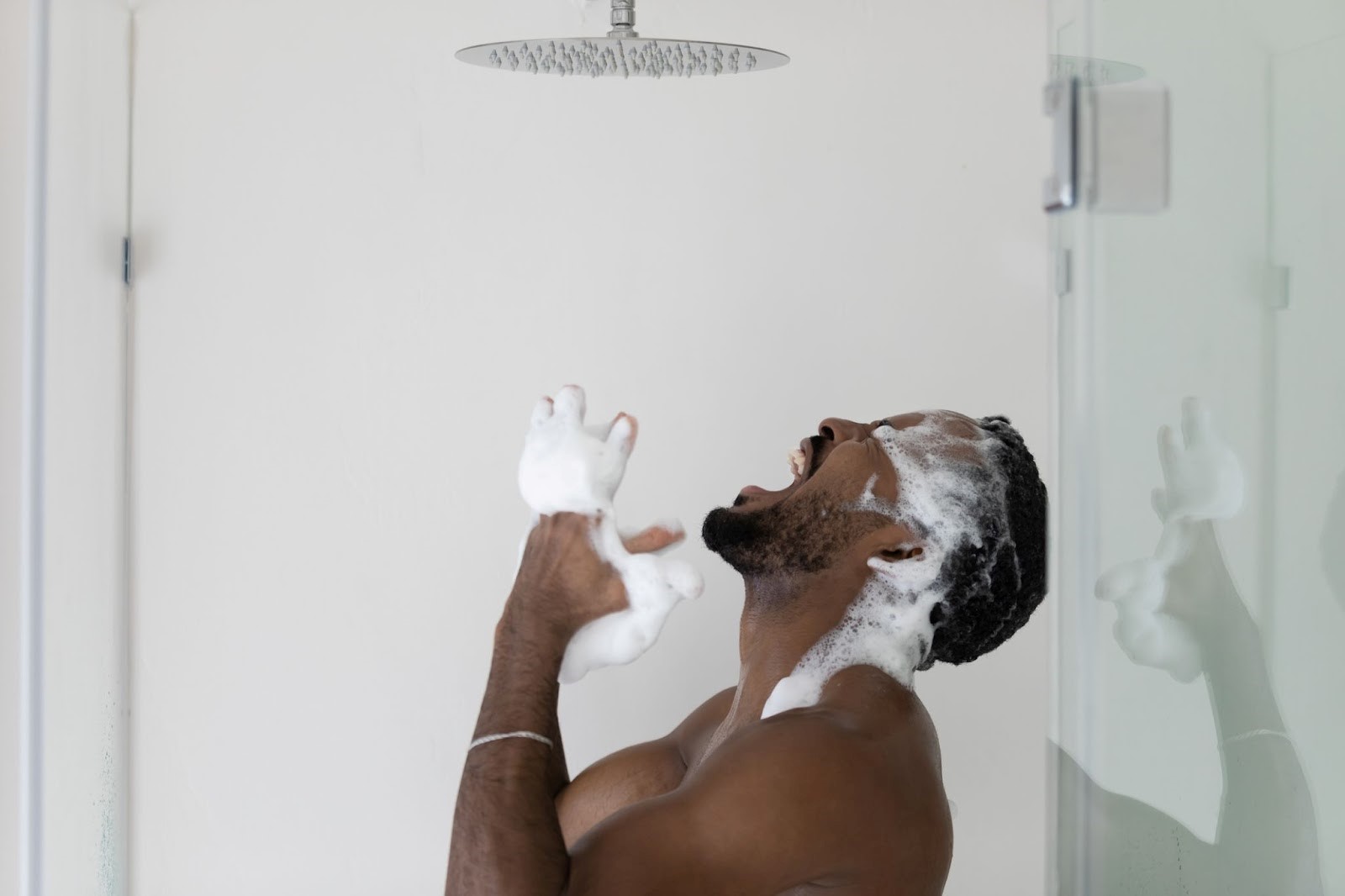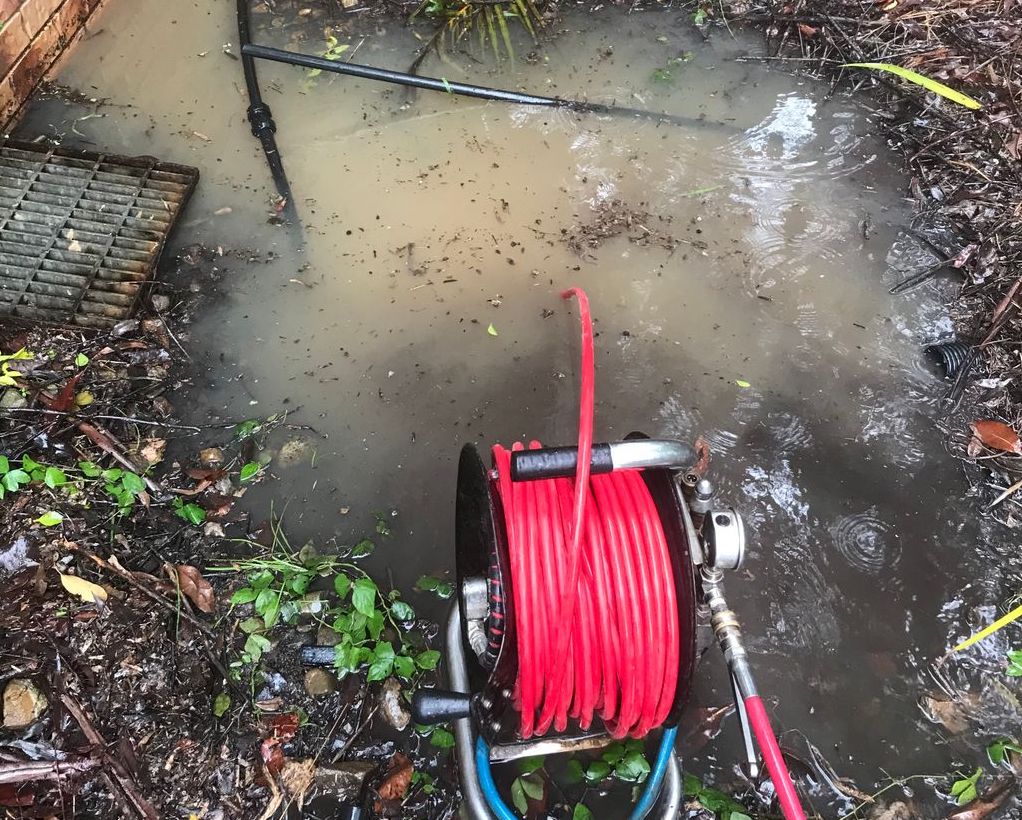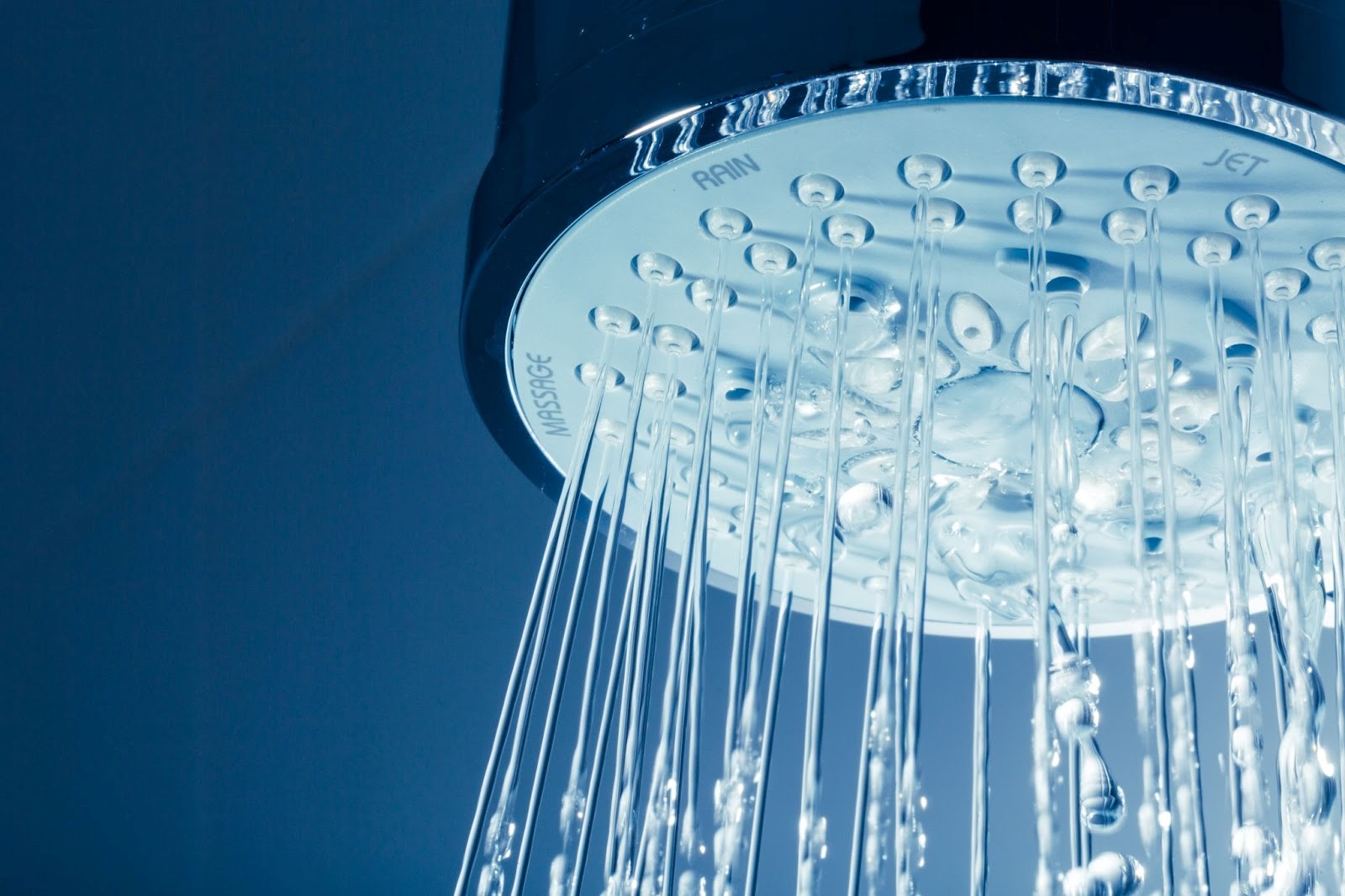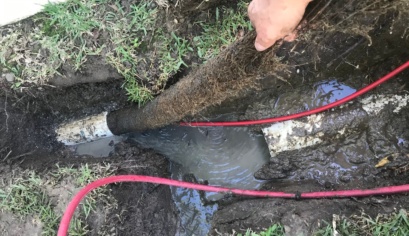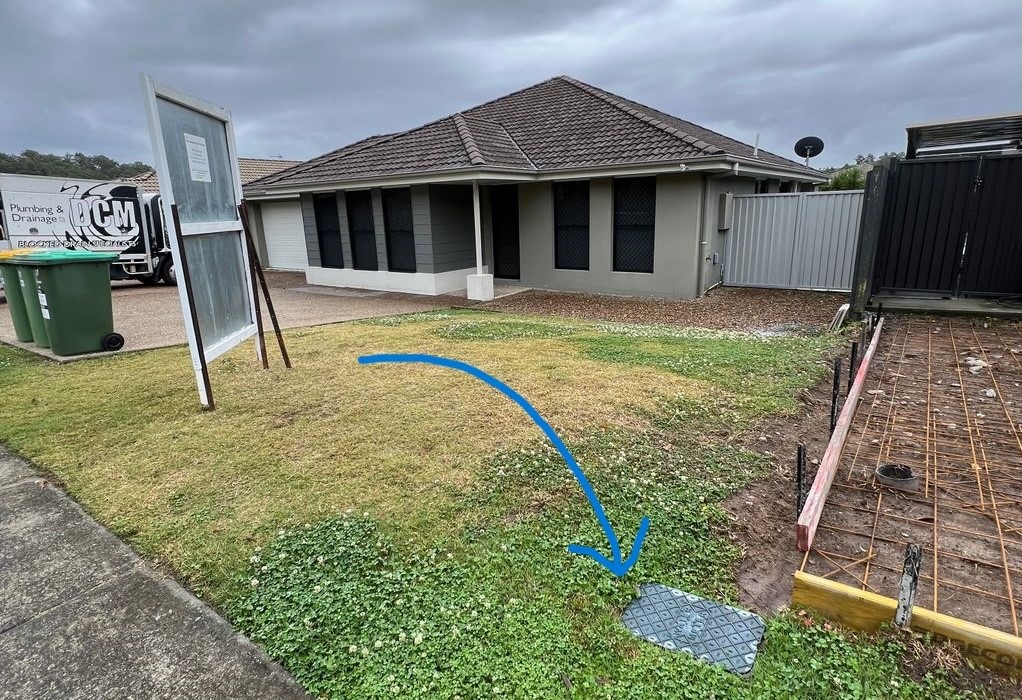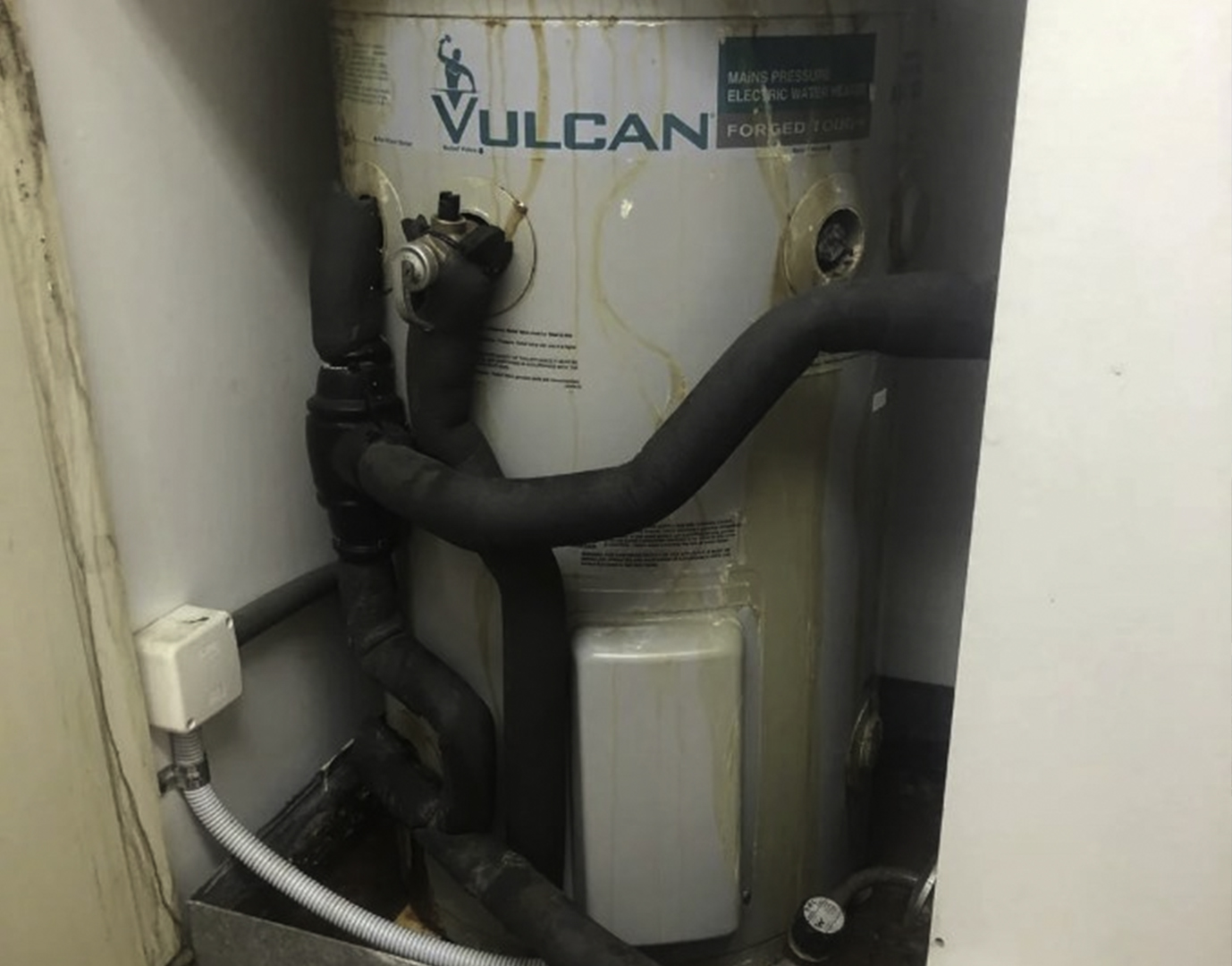Outdoor showers encapsulate the ultimate Australian lifestyle, combining functionality with an open-air charm. Particularly in Queensland, with the appeal of rinsing off under the sun after a beach day or a dip in the pool. However, installing an outdoor shower involves more than just aesthetic consideration, it requires thoughtful planning that adheres to local regulations, especially when it comes to plumbing and drainage.
Considerations for Installing an Outdoor Shower
- Location: Choose a spot that offers privacy and is close to water sources. Ensure it is convenient for use but does not affect the aesthetics of your garden.
- Water Supply: We recommend using cold water only to avoid complications associated with drainage and soap use. Hot water requires additional plumbing and compliance with drainage regulations.
- Drainage: Ensure the proper drainage is possible to prevent water pooling and property damage. It’s crucial to comply with your local plumbing and drainage regulations.
- Installation: We recommend engaging a professional to help with installation to ensure safety, compliance with local codes, and optimal functionality.
Understanding Local Regulations
Drainage Compliance
Regulations in Queensland require that all greywater, including water from outdoor showers, is disposed of properly. This often means directing water to a designated garden area or an approved drainage system. Using cold water only simplifies compliance, as it avoids the need for extensive drainage solutions required for soapy water.
What is greywater?
It is the wastewater from baths, sinks and washing machines etc. It does not include sewage or blackwater, which comes from toilets. Greywater can be reused for irrigation and other non-potable uses, making it an eco-friendly option for water conservation.
Water Supply
Queensland laws mandate that any outdoor plumbing work must be performed by a licensed plumber. This ensures that the water supply is safely and correctly installed.
Privacy Considerations
Local regulations might also include guidelines on privacy, ensuring that your outdoor shower does not infringe on the privacy of your neighbours.
Environmental Impact
Consider the environmental impact of your outdoor shower. Queensland regulations may include measures to minimise water waste and protect the local ecosystem.
Consulting a Professional
It’s always a good idea to consult with a professional local plumber such as DCM plumbing, who is familiar with local regulations to ensure your outdoor shower installation is compliant. This will save you potential fines and ensure your setup is safe and functional. For more details on specific regulations, visit your local council’s website or contact a licensed plumber for advice.
Design Considerations
- Materials: Use durable, weather-resistant materials like stainless steel, brass, or treated wood to withstand the elements.
- Flooring: Opt for non-slip materials for the shower floor to prevent accidents. Stone, concrete, or wooden slats are popular choices. Ensure the flooring allows for adequate drainage.
- Enclosure: Depending on your privacy needs, you may want to include an enclosure. Options range from simple screens to structures using wood, bamboo, or metal.
- Storage: Incorporate storage solutions like shelves or hooks for towels, soaps, and other essentials.
- Lighting: If you plan to use the shower in the evening, consider adding outdoor lighting.
- Accessibility: Ensure the shower design is accessible for all users. Consider installing a handrail or a bench for added safety and comfort.
Basic Outdoor Shower Installation Guide
- Water Supply
- Cold Water Only: For simplicity and cost-effectiveness, connect your outdoor shower to a cold water line. This avoids complications with hot water systems and the associated drainage requirements.
- Water Line Installation: If you don’t have an existing water line near your chosen location, you’ll need to run a new line from your home’s main supply. It’s best to hire a professional plumber to ensure proper installation.
- Drainage
- Proper Drainage System: Install a drainage system to handle wastewater. In Queensland, you must comply with local council regulations. Greywater should be directed to a suitable drainage area or connected to an existing waste system.
- Tip: For a simpler setup, ensure the shower drains onto a gravel bed or a garden area where the water can percolate into the ground, provided no soap or chemicals are used.
- Surface Preparation
- Foundation: Prepare a solid, level foundation for your shower. Ensuring the area around the shower is waterproof to prevent water damage to your home or garden structures.
- Plumbing Fixtures
- Choosing Fixtures: Select outdoor-rated plumbing fixtures resistant to rust and corrosion. Stainless steel and brass are excellent choices for durability.
- Installation: Mount the fixtures securely, ensuring they are at a comfortable height for users. Professional installation is recommended to ensure all connections are watertight.
- Testing
- Leak & Drainage Checks: Once installed, test the shower for leaks by running the water and checking all connections. Ensure the drainage system works efficiently by observing how quickly and effectively water is removed from the shower area.
Plumbing and Drainage Considerations
Opting for a cold water outdoor shower simplifies the installation process significantly. Without the need for hot water, you avoid the complexities and regulatory hurdles associated with soap and greywater management. This means no need for extensive plumbing work or compliance with strict drainage regulations.
Proper drainage is essential to prevent soil erosion and water contamination. Ensure your outdoor shower has an efficient drainage system that channels water away from your home and garden. This helps avoid water pooling and potential damage to your property. Consulting a professional plumber like DCM Plumbing can ensure your setup meets all local requirements and functions smoothly.
Maintenance and Upkeep
- Regular Cleaning: Clean the shower head, fixtures, and surfaces regularly to prevent the buildup of dirt, algae, and mildew.
- Check for Leaks: Periodically inspect the plumbing for any leaks or signs of wear.
- Protective Covers: If your outdoor shower has fixtures that are susceptible to weather damage, consider using protective covers when the shower is not in use.
- Winter Care: In colder months, especially if temperatures drop significantly, it’s crucial to winterise your outdoor shower. This includes draining the pipes and turning off the water supply to prevent freezing and bursting.
- Material Maintenance: Depending on the materials used, you may need to apply sealants or protective coatings.
- Debris Removal: Keep the area around the shower free of leaves, dirt, and other debris that could clog the drainage system or cause water to pool.




